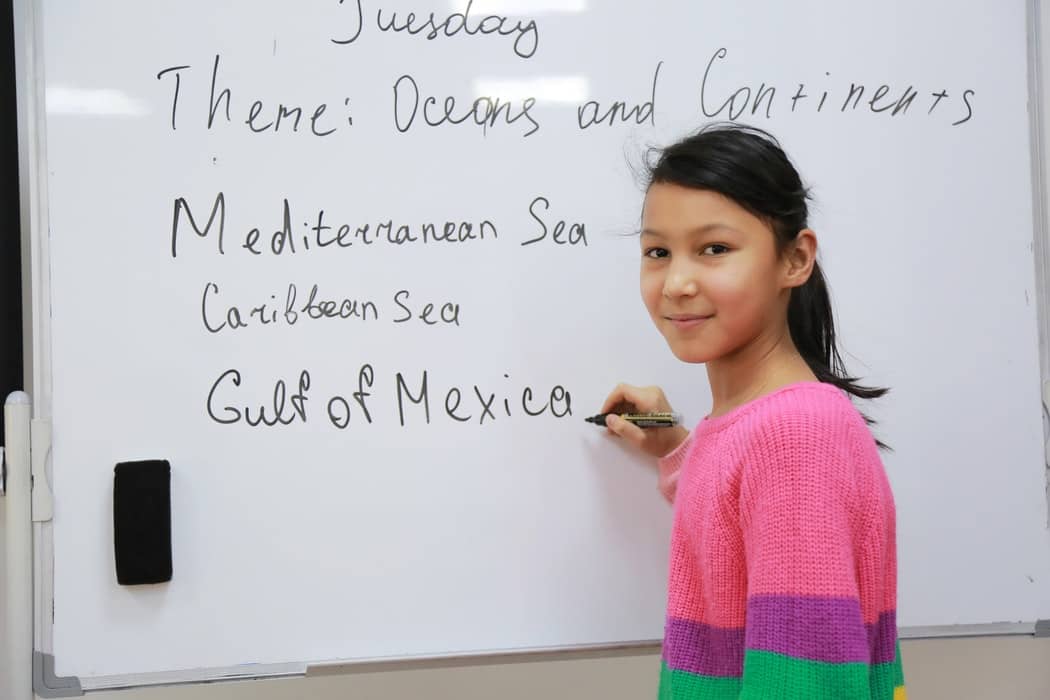Believe it or not, every lesson that your child takes part in is the result of meticulous planning and research. However, as a parent you rarely get see these plans, and so we wanted to break down a typical lesson plan for parents to gain an understanding of the “what” and “why” of your child’s learning experience-
Learning Objectives (Learning Goals, Success Criteria, Teaching Aims, Targeted Improvements)
The equivalent of setting your SatNav to “anywhere” and hoping to arrive at the airport, goals for the lesson are essential. However, it is up for debate whether or not the child needs to know these beforehand. Weill Cornell Medicine suggests that prior knowledge of these aims will help them attach relevance to what they are about to learn. Then again, other research has argued that doing so may give away the surprise of the lesson. What is not up for debate is whether the teacher has an end point in mind. At Neobael, this is the starting point for all our module design.
Hook (Starter, Engage Task, Pre-learning activity, Pre-teach Initiative)
It’s obvious that your child will be able to learn best when they are excited about the task at hand. In order to do this, educators often start a lesson with activities that will capture their interest. This could be a discussion question to probe their curiosity or even an experiment to get them started. The Neobael Welcome task is designed for this very purpose.
Check for prior knowledge
No one likes to be fed repetitive information, but it is easy to often fall into the trap of “adult-splaining.” To avoid this, it is integral that existing knowledge on the subject is built into a lesson plan such that primary schools can avoid repetition and instead build upon existing subject knowledge. This is usually snuck into the hook itself and fits well into a differentiated instruction lesson plan.
Main Teaching Point (Learning Activity, Master Task)
This is the easiest part to explain because it is when the actual material is taught. This is done with the aid of videos, simulations, and literacy tasks, amidst numerous other activities such as group learning, common worksheets and most importantly at Neobael, discussing inquiry based questions. For some educators this is about knowledge, but at Neobael we believe that this is the best opportunity to develop soft skills, as well as understanding of concepts.
Assessment for Learning (Concept-Checking Questions)
At various points in the lesson, the teacher will be checking to what extent your child has grasped the learning objectives. The idea here is to provide some opportunities for feedback. Through this, they will be able to reiterate points as well as clarify any misconceptions. Research done by Dylan Williams has pioneered the use of this intervention. Incidentally, Neobael’s primary school teachers use online methods to do this, including sharing using the chat box as well as using digital whiteboards. Once teachers are confident the core concepts have been grasped, an independent task is often set at this point.
Whole Class Feedback and Wrap-up (Review)
It is vital for us to assess the work of the class and take in their input and feedback. This is done through the class checking each other’s work (peer-assessment),as well as sharing their understanding of the lesson by sharing their work on Google Classroom. Rich insight is gained over here which is used to fine tune future lessons for the class
All in all, a dynamic classroom is one where the planning matches the intention and children are free to enjoy themselves. Curious to learn more about the Neobael way? Check out some of our free worksheets!


